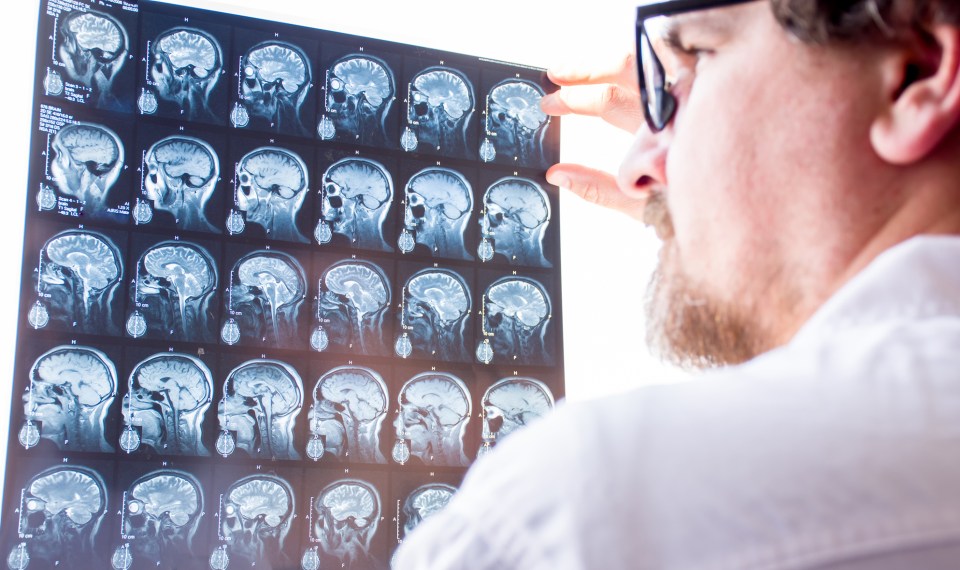As you get older, your body and mind changes. Your skin gets a little thinner and bruises more easily; your hair gets a little grayer. Remembering the names of old friends might be more difficult, and forgetting why you entered a room could be a frequent occurrence.
These are normal parts of aging, but what about those signs and symptoms that aren’t so normal?
While you should always consult with your doctor if there is a dramatic change in your health, here are four signs you shouldn’t ignore that could be early indicators of a more serious health condition.
Loss of Smell
Loss of smell can be caused by several normal conditions, such as allergies and colds. After age 60, the decline in your sense of smell could be a normal part of the aging process. This gradual degeneration of smell is called presbyosmia and is normal in many older adults.
A complete loss of smell, also known as anosmia, could be a sign of a more serious condition. A recent study by the National Institute on Aging revealed that loss of smell could put you at greater risk for mild cognitive decline and could be a sign of an underlying neurological condition. The study, which was conducted over a two-and-a-half-year period, also found that in many cases, a loss of smell was a pre-clinical sign of Alzheimer’s and other dementias.
If you experience a sudden loss of smell unrelated to allergies or a cold, talk with your doctor to rule out any serious conditions.
Swollen Feet or Ankles
Swollen feet or ankles are normal, especially at the end of the day if you’ve been standing or walking for prolonged periods.
If the swelling in your feet and ankles is prolonged and accompanied with pain, you should talk with your doctor. More serious conditions that cause swelling in one or both of the feet and ankles include congestive heart failure and blood clots.
Congestive heart failure, or CHF, is a condition where the heart does not pump blood efficiently enough to meet the body’s need. Poor contraction of the heart muscle prevents the blood from being efficiently pumped out to other parts of the body causing fluids to build up in the body, particularly in the ankles, feet and lungs. In addition to swollen feet, other symptoms include shortness of breath, a fast or irregular heart beat and rapid weight gain.
Blood clots, or deep vein thrombosis, can also cause swelling in the feet and legs. If the swelling is accompanied by pain, throbbing, redness or is hot to the touch, you should seek medical care.
Unexplained Weight Loss
The average person’s weight can fluctuate anywhere from three to five pounds daily, so slight changes to your weight over time are normal.
Rapid weight loss, though, could be a sign of something more serious. If you have lost 5% of your body weight or more than 10 pounds over a short period of time without trying, you should talk to your doctor to rule out any serious health issues.
One common condition associated with rapid weight loss is diabetes. If you have type 2 diabetes, your body does not use insulin properly, which could trick your body into thinking you are starving, so it begins burning fat and muscle to compensate.
Type 2 diabetes is a serious condition, but it is a manageable one with the proper diet and medication or insulin, if needed.
Shortness of Breath
As you get older, shortness of breath occurs more frequently and even after tasks that are not that strenuous, but when shortness of breath starts interfering with your daily life, it’s time to talk to a doctor.
COPD stands for chronic obstructive pulmonary disease and is used to describe a variety of progressive lung diseases, including emphysema and chronic bronchitis. One of the early signs of the disease is shortness of breath when you are not physically active. The most common cause of COPD is smoking or second-hand smoke, but there are other pollutants that could put you at risk for developing COPD.
If shortness of breath, wheezing and coughing are preventing you from taking part in activities you used to enjoy, see your doctor. COPD is a chronic condition, but it can be managed with oxygen and/or medications.
The content of this site is for informational purposes only and should not be taken as professional medical advice. Always seek the advice of your physician or other qualified healthcare provider with any questions you may have regarding any medical conditions or treatments.



